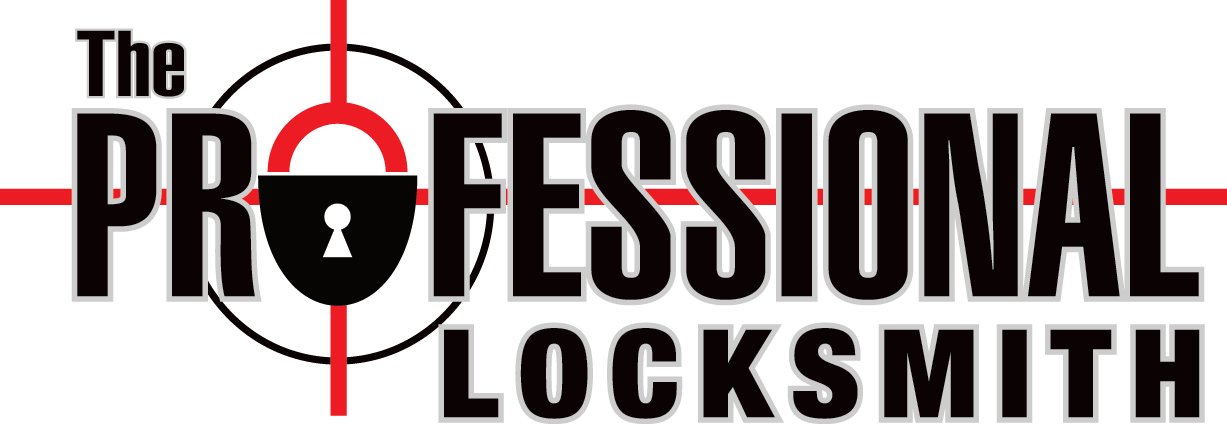You may already have a safety deposit box at your bank for valuable items, but should you put all of your eggs in one basket? The problem with your bank’s safety deposit box is that these are usually not insured while your home’s safe would likely be covered under your homeowner’s insurance. Plus, keeping cash in a safe means that your cash wouldn’t be insured either.
That’s why a household safe is the best way to go for things like cash, valuables, important documents, and family photos. You can’t access your bank safety deposit box outside of business hours or in the event of death without proper court papers from your estate representative. If you’re wondering what items make the most sense to keep at home, take a look below for your guide on what to keep in a household safe.
Social Security Cards, Passports and Birth Certificates
One of the first things you’ll likely want to secure into your household safe is your important identification. This includes your original social security cards, original birth certificates, and your passports. These are all items that are hard to replace and something you’ll need to travel, get social security benefits, or apply for things like marriage certificates. Make sure to keep these important items safe that identify you and your family, while being hard to replace if they were to get destroyed or lost.
Insurance, Financials, and Contact Info
Next, you’ll want to secure your financial house, your insurance paperwork, and contact information. Put your homeowners insurance and any other policies in here so that in the event of an emergency, you’ll be able to more easily contact your agent and file a claim. Financial paperwork like taxes, debts, stocks and bonds, deeds and titles, and investments, retirement plan, and bank accounts should all go in the safe.
Anything that covers your financial house should be protected so that you can protect your credit, keep tabs on your finances, not have to try to replace these important items. Having contact information for your insurance agents, outstanding debts, emergency contacts, and family members will make emergencies much less stressful as you’ll have the information and documents all protected.
Legal Documents
Speaking of documents, you’ll want to make sure you’ve added legal documents to your safe, such as any power of attorneys, your will, and marriage and death certificates. Legal documents like these should always be kept to ensure you protect yourself and that they can be found in the event of an emergency that requires your living will or information on your power of attorney.
Digital copy of family photos
Don’t forget sentimental items when you set up your safe. Keep digital media in here for your family photos, an inventory of the house, and files that you want to keep from a criminal. You can also keep family heirlooms and other irreplaceable, sentimental items in here.
Cash and firearms
Don’t forget to keep some cash in your safe since you don’t want to keep this in your safety deposit box. This is for an emergency situation in which you don’t want to worry about ATM limits, but also not keeping too much and risking theft. You’ll also want to keep your firearms in a safe since those are often targeted items and are rarely recovered. These are also important to keep in a safe when not in use for the safety of your family.
Lastly, make sure you’ve put items in your safe into waterproof bags to ensure their protection against water damage. Keeping these items in a waterproof, fireproof, and criminal proof household safe will put your mind at ease that your most important family possessions are protected in the event of an emergency.
Make sure you contact The Professional Locksmith for any Chicago Safe Installation needs!

